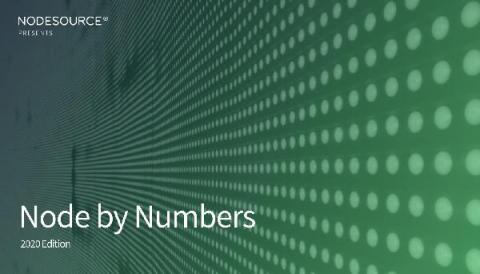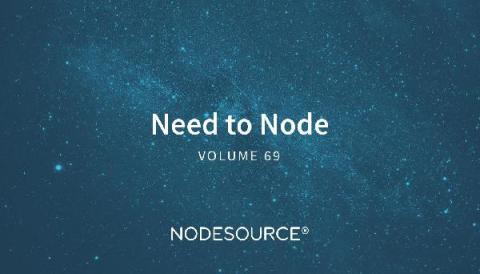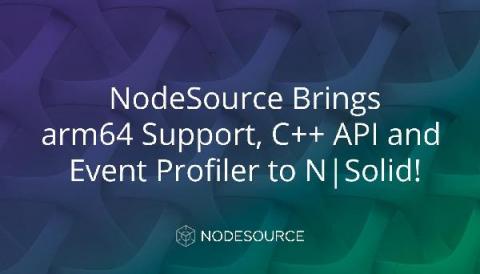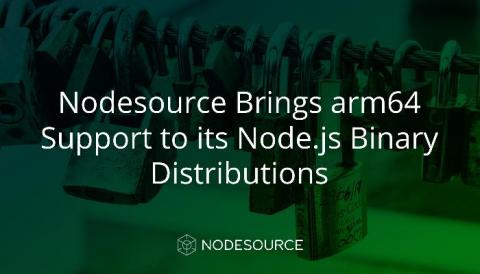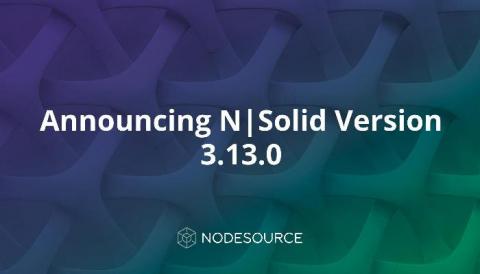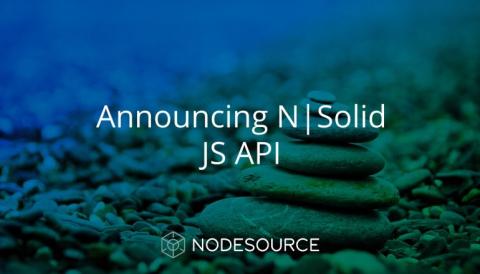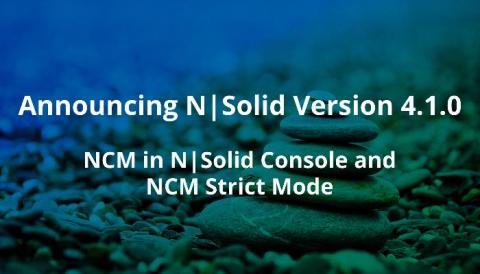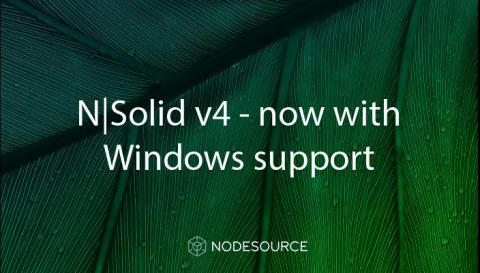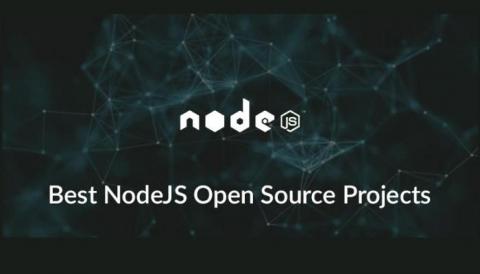Node By Numbers 2020
2020 has been a remarkable year, full of change and reinvention. Yet one thing remains the same, NodeSource Node.js binary downloads keep increasing month by month, providing millions of users around the world with the power of Node.js. Node By Numbers 2020 gives us important insights into the usage of Node.js across Linux environments and the Node.js community in general.


